Language Programs
Language Revitalization Program
The 10 ancestral languages of the Doyon region, including nine Athabascan languages plus Iñupiaq, represent half of the 20 Native languages in the state of Alaska. Due to the rapidly decreasing health of creative and fluent Native language speakers, the Native languages within the Doyon region are not being passed on quickly enough to ensure their survival. All the Doyon region languages are severely to critically endangered and will be lost within the span of a few generations if no action is taken. There is an urgent need to promote and foster language opportunities for non-speakers.
To respond to this need, Doyon Foundation began laying the groundwork for a region-wide language revitalization program in 2009. In 2012, Doyon, Limited generously awarded start-up funding to establish the program. The program has continued to grow since then.
We believe that every Doyon shareholder and descendant should have the opportunity to learn their language and culture. With that in mind, our immediate program goals are to:
- Expand the organizational capacity of Doyon Foundation to effectively and efficiently develop, implement and sustain a Native language revitalization program.
- Develop a language revitalization program that will ensure the cultures and languages of the Doyon region are taught, documented and easily accessible.
Our language revitalization program is not intended to replace any other current efforts, but rather to collaborate and partner with like-minded organizations, and align efforts, goals and resources.
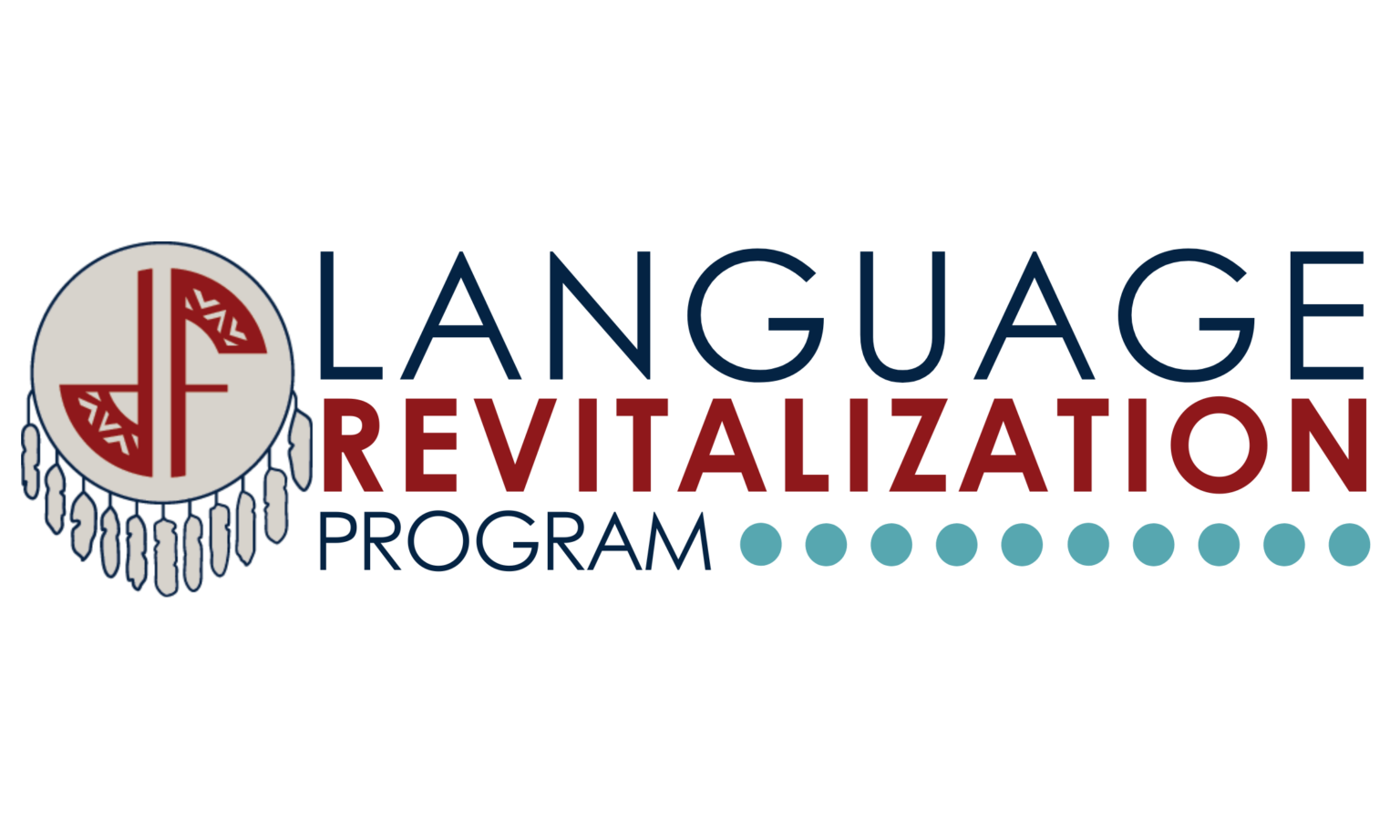
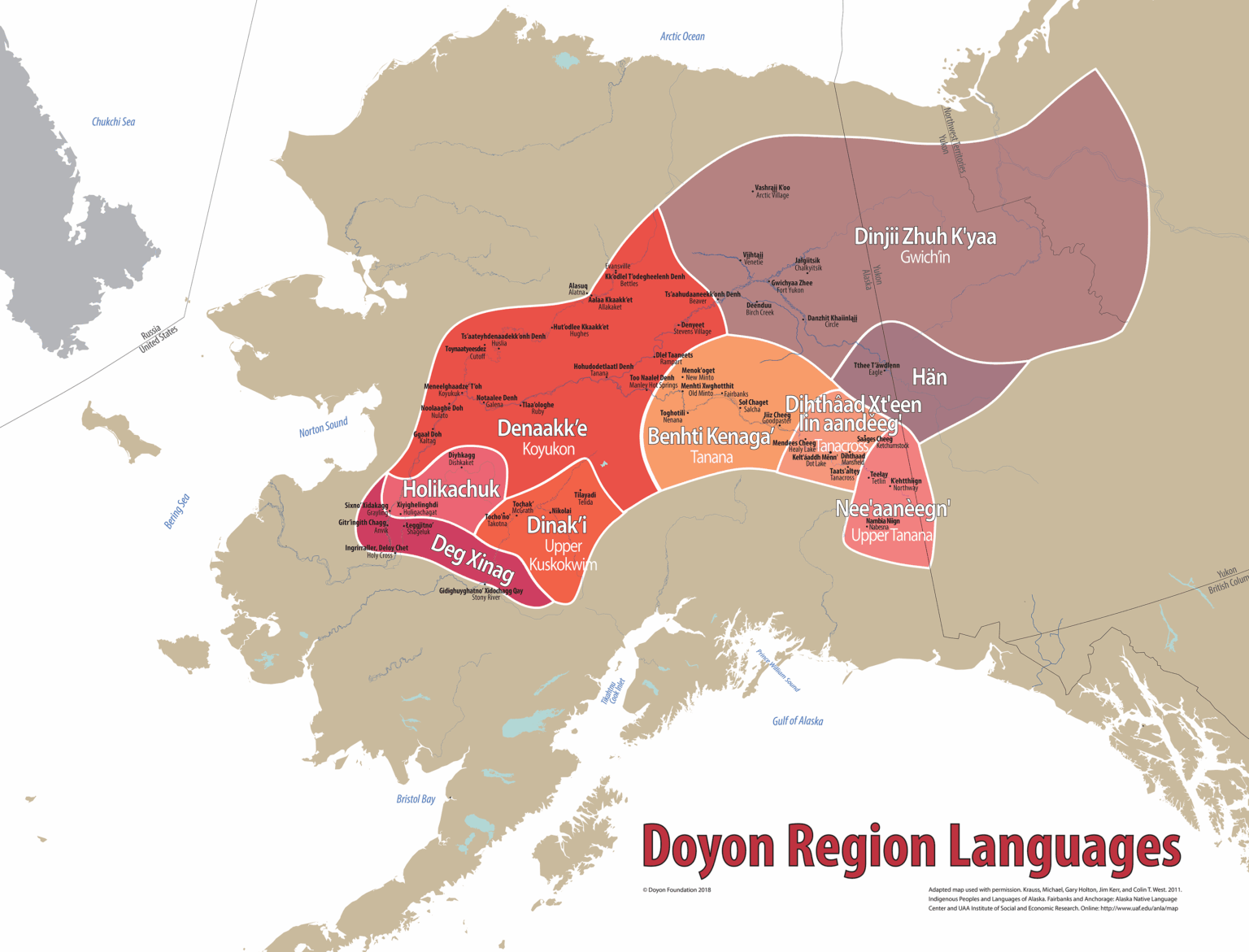
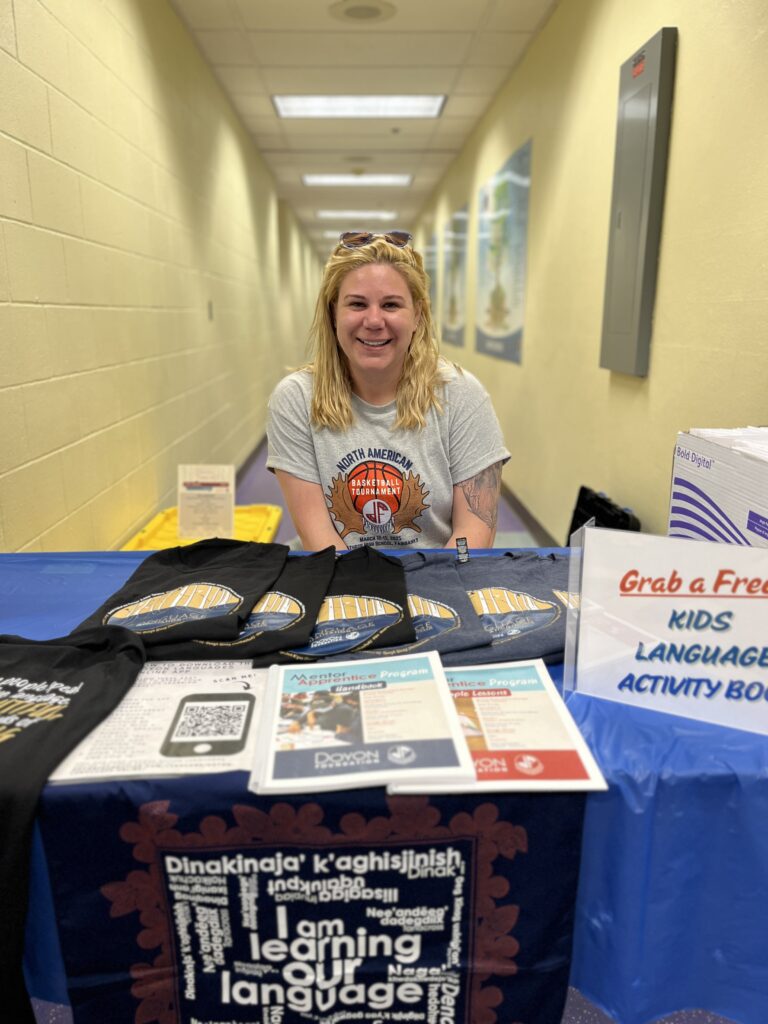
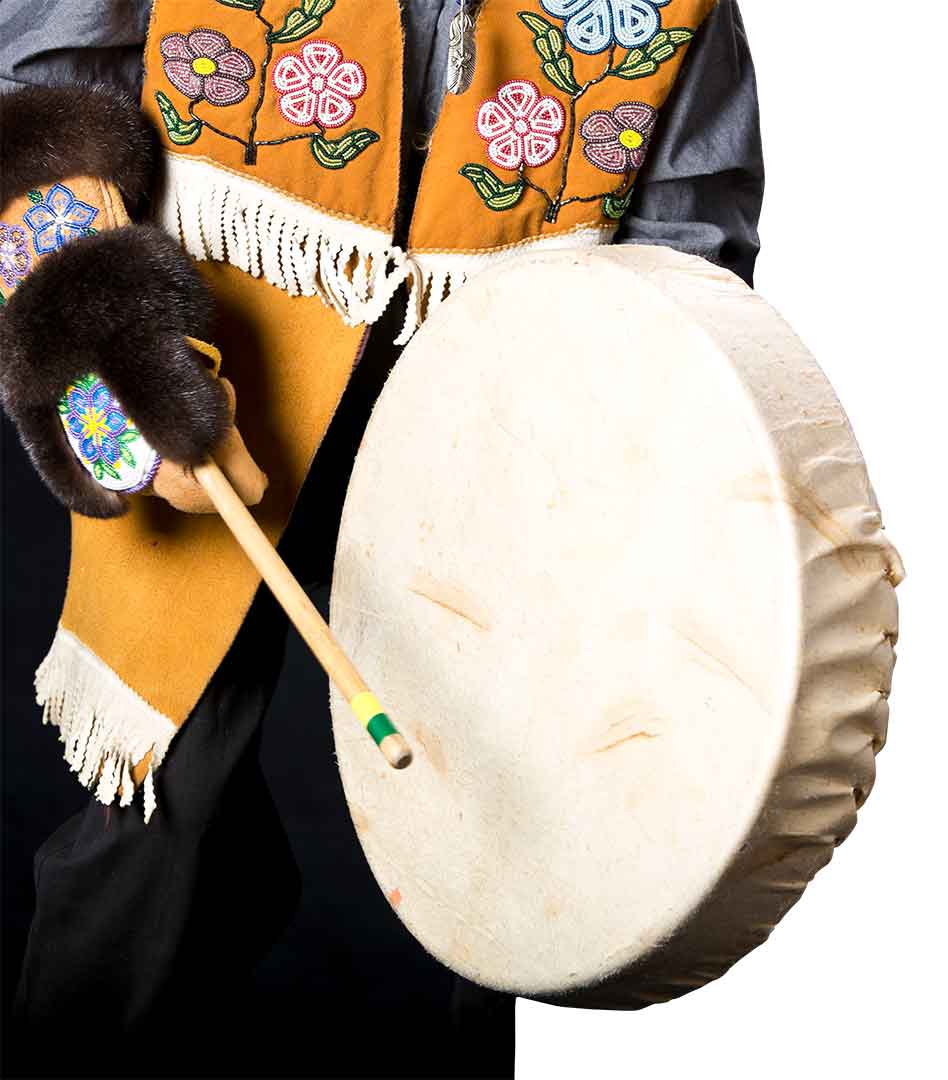
Learn your language with Doyon Languages Online
Doyon Languages Online is a partnership between Doyon Foundation and 7000 Languages, a nonprofit that supports endangered language learning through software donated by Transparent Language.
Sign upThe project is creating introductory online lessons for nine of the 10 of the endangered Doyon region languages: Holikachuk, Denaakk’e (Koyukon), Benhti Kenaga’ (Lower Tanana), Hän, Dinjii Zhuh K’yaa (Gwich’in), Deg Xinag, Denak’i (Upper Kuskokwim), Nee’anděg’ (Tanacross) and Née’aaneegn’ (Upper Tanana). The first set of online courses were made available in summer 2019, and are now available for free to all interested learners.
Doyon Languages Online is funded by a three-year grant from the Administration for Native Americans (ANA), awarded in 2016, and an additional three-year grant from the Alaska Native Education Program (ANEP), awarded in 2017.

Doyon Languages Education
The 2020 Interior Alaska Language Revitalization Survey showed most respondents want to improve their speaking ability with the goal of passing languages on to the next generation. The Doyon Languages Education project supports this goal by training a cohort of learner-teachers in language acquisition pedagogies to improve their fluency and pass on their language knowledge to their learners. The teacher cohort uses “pedagogies of hope” to focus on strength, community, and healing through language work.
Language resourcesIn 2022, Doyon Foundation received a three-year, $1.6 million grant from the Alaska Native Education Program (ANEP) to support language teacher development in Interior Alaska. Doyon Foundation is honored to partner with Effie Kokrine Charter School to pilot the Doyon Languages Education program.
The program’s teacher cohort collaborates with fellow teachers, Elders and language experts to develop their skills and craft language lessons for students. They then work with Effie Kokrine and other regional learning groups to implement effective language curriculum while utilizing Doyon Foundation’s language learning platform, Doyon Languages Online. With guidance from the teachers, students will learn their language(s) through a combination of digital and hands-on activities.
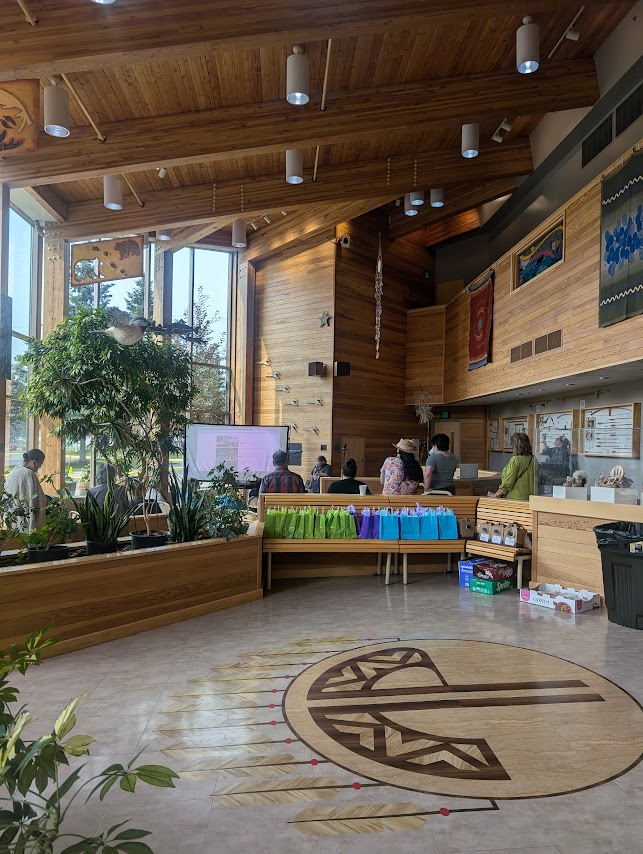
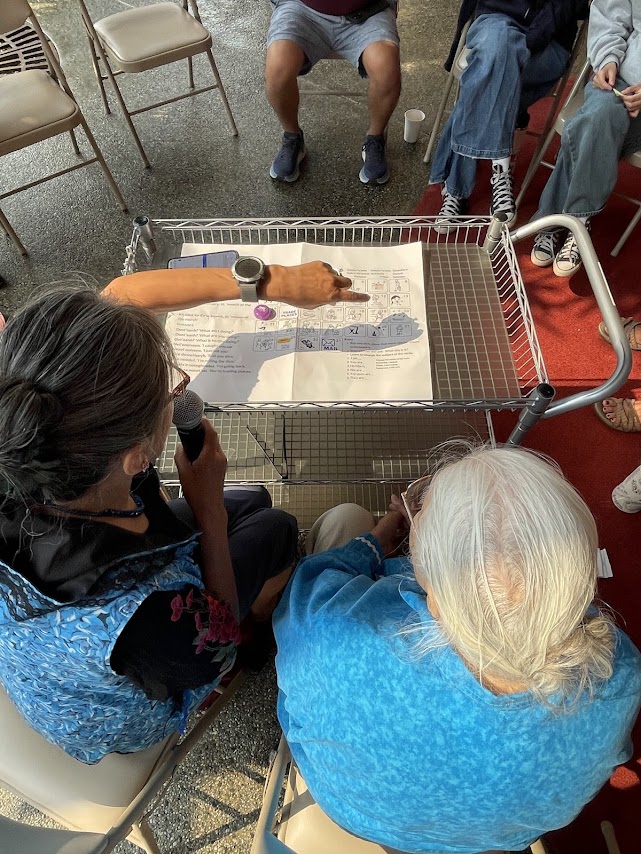
Mentor-Apprentice Program (MAP)
The Mentor-Apprentice Program (MAP) model was first suggested in 1993 by Karuk speaker Julian Lang and brought to life by linguist Dr. Leanne Hinton. Since 2021, Doyon Foundation has adapted this model to reflect the Doyon region languages’ unique features, cultural significance, and levels of endangerment. The goal of this immersion-style program is for apprentices to build confidence and connection with their native language while inspiring a new generation of speakers. The MAP model echoes traditional methods of teaching and learning that bind communities together and strengthen indigenous identity.
In 2021, Doyon Foundation received a three-year, $812,142 federal grant from the Administration for Native Americans (ANA) to fund a Mentor-Apprentice Program (MAP) as part of its efforts to revitalize the endangered languages of the Doyon region in Interior Alaska. The grant falls under ANA’s Native American Language Preservation and Maintenance program and will provide funding from 2021 to 2024.
Doyon Foundation’s Mentor-Apprentice Program provided training and compensation for mentor-apprentice teams, pairing fluent or proficient speakers (mentors) with learners (apprentices). Over the course of three years, many mentors guided their apprentices in becoming proficient speakers of Doyon region languages through dedicated one-on-one language learning sessions. Graduates of the program have the opportunity to give back to their language communities as mentors, instructors, or lesson developers, ensuring the cycle of language revitalization continues.
Although the program has concluded, we remain committed to encouraging more language learners and hope for a second grant opportunity. We extend our heartfelt gratitude to everyone who participated and to the Association for Native Americans for funding the project and granting an extension on grant number 90NL0663.
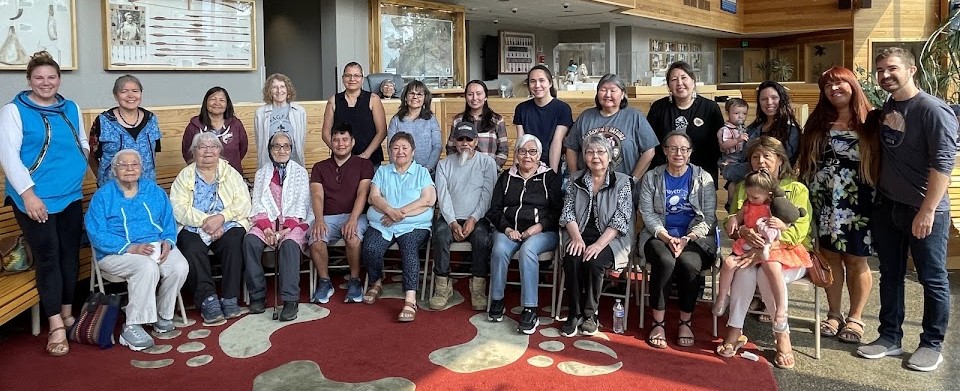
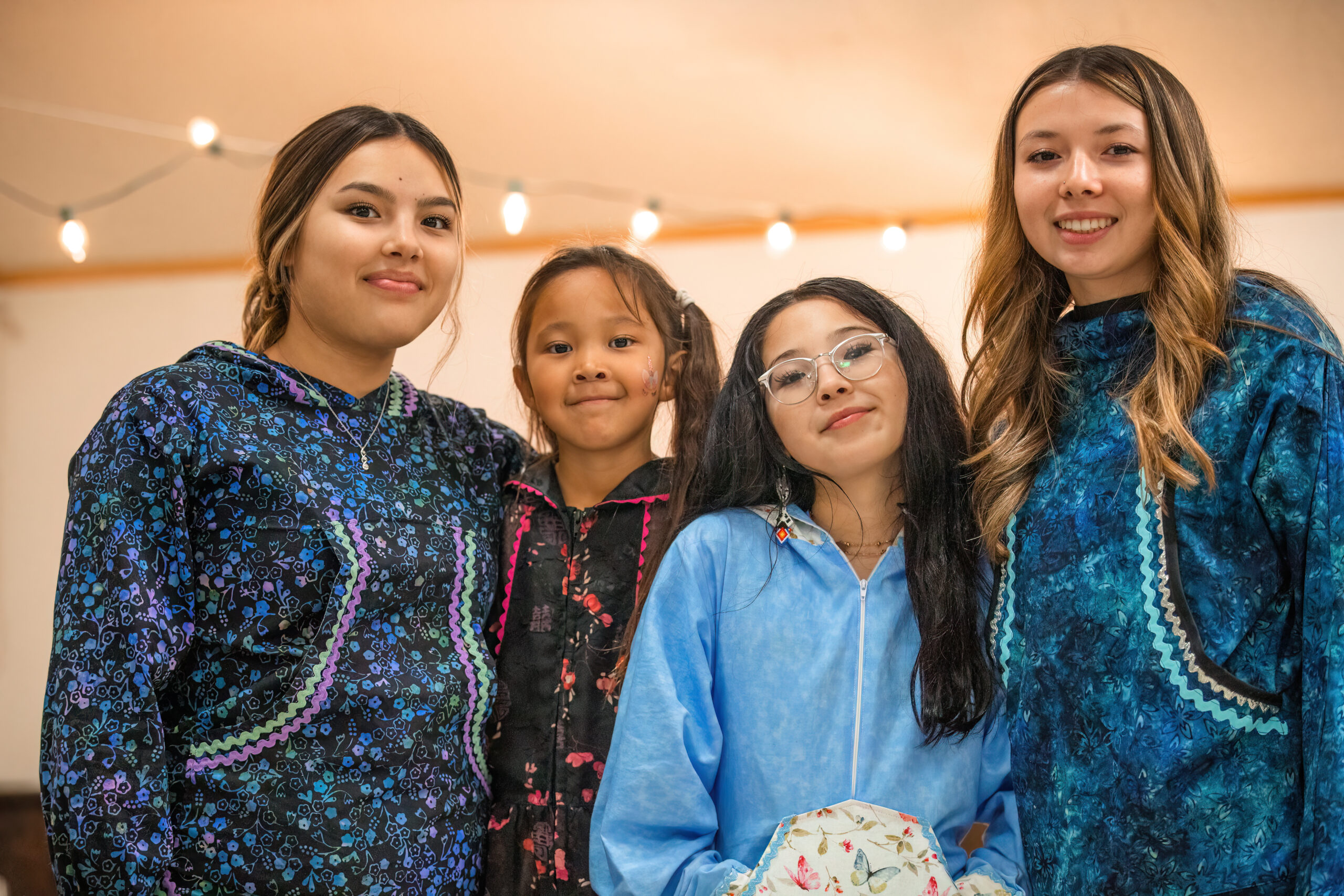
Speak our language
“Congratulations”
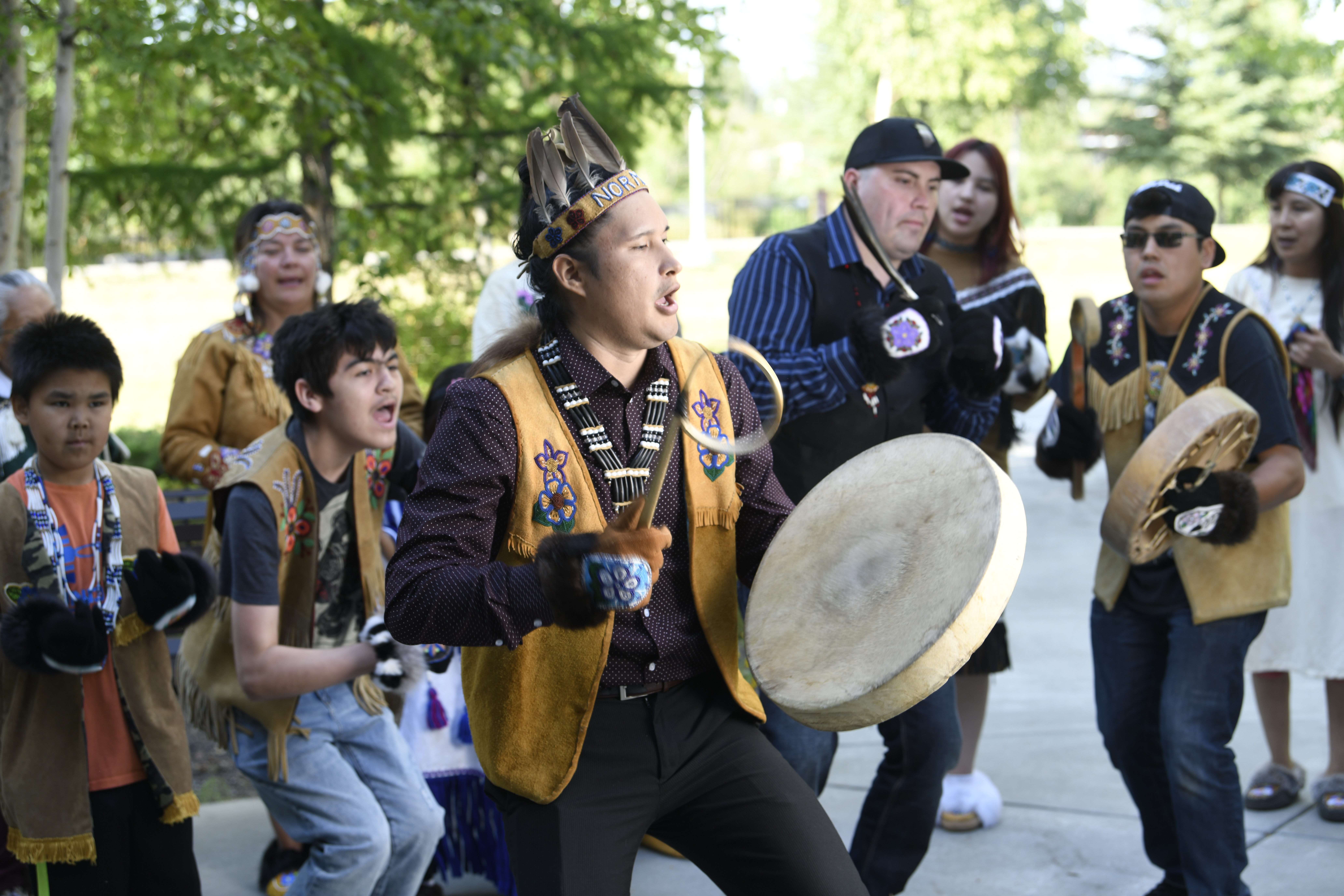
Neghwnh Kesrodejets’eyh Benhti Kokhut’ana Kenaga’ (lower Tanana)
Negoxo Dinaxoneł Deg Xinag
Yeho Sozelts’eeyh Denaakk’e (Koyukon)
Naa Neghah Xunsu̧u̧ Dihthaad Xt’een lin Aanděeg’ (Tanacross)
Nugh Tsenanh Isdlanh Dinak’i (upper Kuskokwim)
Nashoo Rahłii Dinjii Zhuh K’yaa (Gwich’in)
Nëshoo Tr’iinlii Hän
Piluataqtutin Inupiaq
Hǫǫsuu’ Nee’aanèegn’ (Upper Tanana)